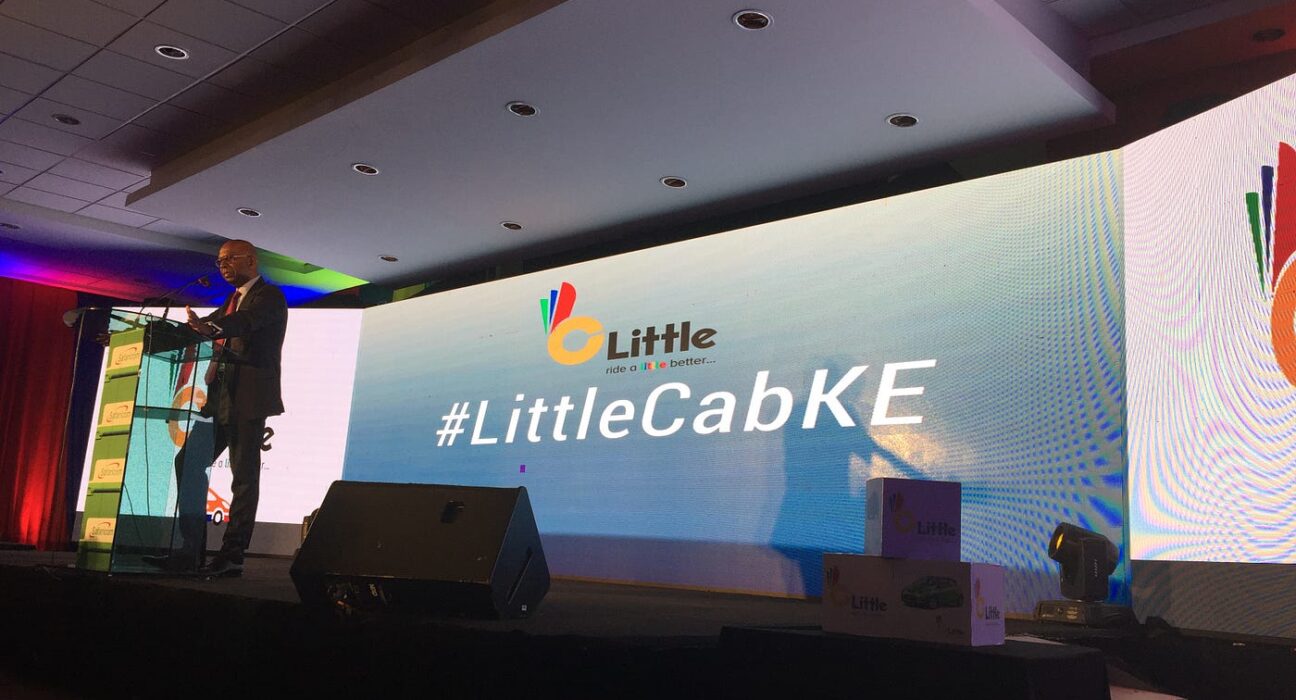Britam has teamed up with ride-hailing company Little to upgrade its ‘Be Safe’ insurance package, providing more comprehensive protection for passengers during their rides. This collaboration strengthens the safety net for both individual commuters and corporate clients who rely on Little for transport.
The ‘Be Safe’ cover, designed with customer needs in mind, now offers personal accident and property insurance. This expanded solution includes coverage for accidental death and permanent total disability up to Ksh500,000, medical expenses of up to Ksh150,000, and compensation for lost personal and corporate belongings, such as phones and laptops, also up to Ksh150,000.
A notable feature is the daily compensation of Ksh5,000 for employees who are unable to work due to hospitalization, for a maximum of 30 days.
Passengers can easily activate the coverage via the Little app’s settings. According to Evah Kimani, Britam’s Director of Partnerships and Digital, “Be Safe” provides a convenient way for passengers to claim for injuries or lost items, ensuring a smooth experience.
The insurance covers all vehicle categories under Little’s fleet, including Comfort+, Boda Boda, shuttles, and 14-seater buses. Premiums are affordably priced, with Comfort+ rides having a Ksh20 per trip premium, while Boda Boda, shuttles, and buses are charged at Ksh15 per ride.
Kamal Budhabhatti, CEO and Founder of Little, emphasized that this partnership reflects Little’s ongoing commitment to enhancing the safety and trustworthiness of its platform, particularly for corporate clients. “Safety and reliability are critical factors for passengers when selecting ride-hailing services, and this collaboration with Britam sets a new standard in the industry,” Budhabhatti stated.
This partnership emerges as Kenya’s digital taxi market continues to expand, with more businesses integrating these services into their operations. According to Statista, the country’s ride-hailing industry is expected to reach Ksh6.5 billion by the close of 2024, with projected annual growth of 10.44%. By 2029, the market could grow to Ksh10.7 billion, with an estimated 12.14 million users.





